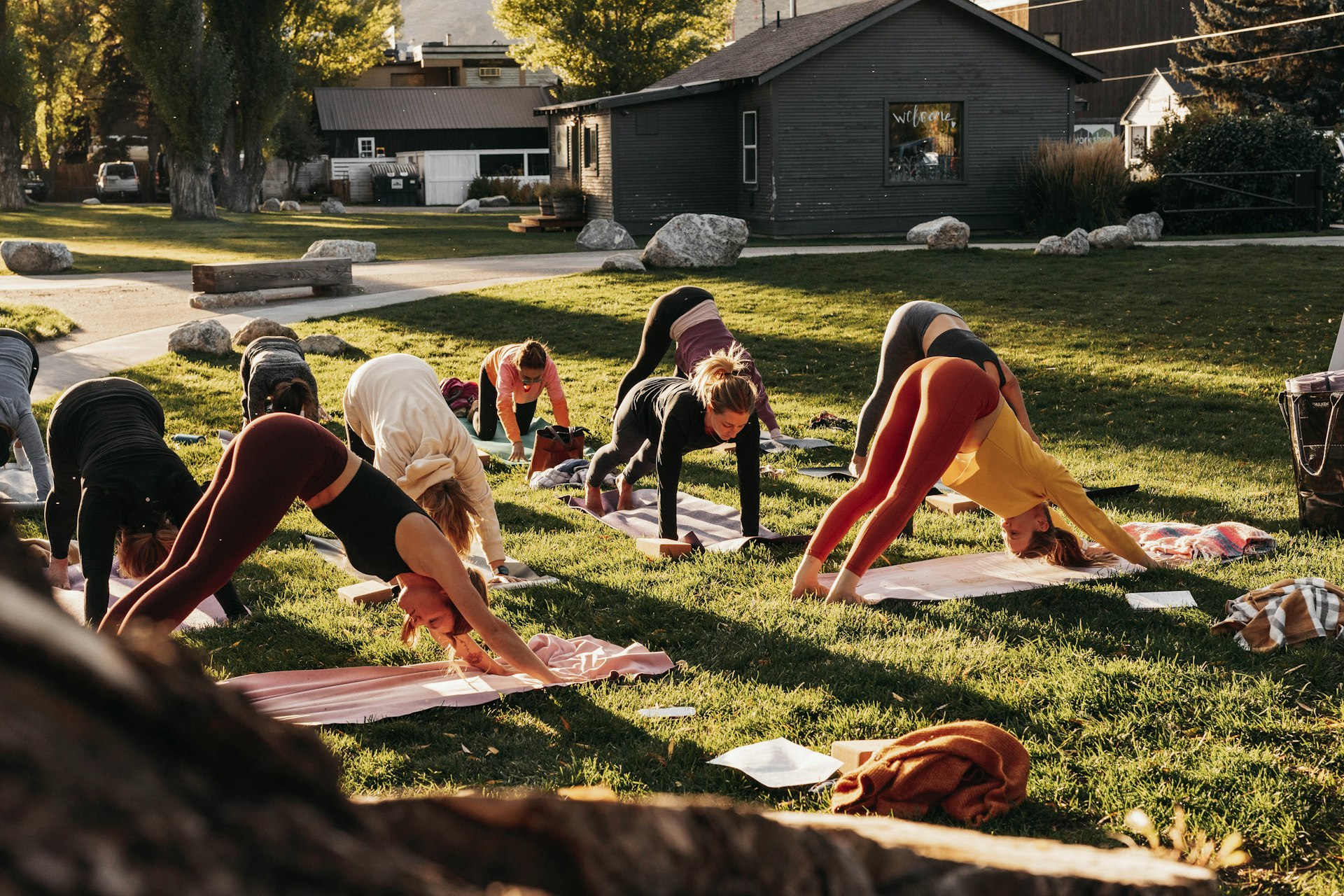Transform Your Life: Actionable Lifestyle Habits for Personal Growth

Photo by Matias Caceres on Unsplash
Introduction
Personal growth is more than a catchphrase-it’s a deliberate journey toward a more fulfilled, purposeful, and authentic life. By cultivating specific lifestyle habits, anyone can accelerate their development, increase happiness, and build resilience. This guide explores actionable habits, practical steps for implementation, and proven strategies to overcome common obstacles, ensuring you have everything needed to embark on your personal growth journey.
Understanding Personal Growth
Personal growth refers to the ongoing process of self-discovery and improvement. It involves enhancing self-awareness, developing new talents, building emotional intelligence, and setting intentional goals for both personal and professional fulfillment. Experts emphasize that personal growth is not about reaching a fixed destination, but about embracing continuous learning, adaptability, and conscious living [1] .
Core Lifestyle Habits for Personal Growth
Developing the right habits is foundational for self-improvement. Here are several evidence-based habits recommended by leading personal growth experts:
1. Setting and Reviewing Personal Goals
Regularly checking in with your goals helps maintain focus and motivation. Create a weekly routine to assess progress, adjust targets, and celebrate small victories. For example, dedicate Sunday evenings to reviewing achievements and setting intentions for the coming week [2] .
2. Practicing Mindfulness
Mindfulness-through meditation, journaling, or deep breathing-cultivates self-awareness and emotional regulation. Choose a consistent time and place each day, such as after waking or before bed, to practice. If you’re new to mindfulness, begin with five minutes daily and gradually increase as you become comfortable [1] .
3. Reading and Continuous Learning
Reading for at least 20 minutes daily expands knowledge, improves focus, and fosters curiosity. Select genres that align with your growth goals, such as psychology, philosophy, or personal development. You can use audiobooks or podcasts if you prefer listening. This habit has been shown to increase attention span and overall cognitive ability [3] .
4. Physical Activity and Daily Walks
Regular exercise, like walking, not only benefits physical health but also reduces stress and enhances mental clarity. Incorporate walks into your daily routine-after dinner or during lunch breaks. Pair walks with music or a friend to make the habit enjoyable, but spend some time in quiet reflection to maximize the benefits [3] .
5. Simple Rituals: Making Your Bed
Starting your day with a simple task such as making your bed creates a sense of accomplishment and sets a positive tone. This small act builds discipline and order, which can ripple into other aspects of your life. If you share your home, encourage others to adopt this habit for a more harmonious environment [1] .
Implementation: Step-by-Step Guidance
Building new habits can be challenging. The key is to start small, remain consistent, and use proven behavioral strategies:
-
Identify rewards:
Link new habits to meaningful short-term and long-term rewards. For example, treat yourself to a small luxury after maintaining a new habit for two weeks [5] . -
Set specific cues:
Pair habits with regular cues, such as practicing mindfulness immediately after arriving at your workplace or making your bed right after waking up. Consistency builds automaticity [5] . -
Protect time and space:
Designate clear times and locations for your habits. For example, reserve 7:00-7:20 a.m. for reading in a quiet corner. -
Use habit trackers:
Journals and digital trackers can increase accountability and provide visual reinforcement of progress [2] .
Overcoming Challenges
Establishing new lifestyle habits often encounters obstacles such as lack of motivation, time constraints, or forgetfulness. To address these:
-
Start with one habit:
Avoid overwhelm by mastering one habit before introducing another. Success builds momentum. -
Seek support:
Share your goals with friends, family, or mentors to increase accountability. Consider joining online communities focused on personal growth for encouragement and advice. -
Be flexible:
Adjust your approach if a particular strategy isn’t working. Experiment with different cues, rewards, or routines until you find what resonates. -
Accept setbacks:
Understand that occasional lapses are part of the process. Reflect on triggers and recommit, focusing on progress rather than perfection.
Alternative Approaches and Resources
If traditional habit-building methods aren’t effective for you, alternative approaches may yield better results:
-
Hire a coach:
A personal growth coach can provide tailored guidance, motivation, and accountability. To find certified coaches, search for “ICF-accredited personal growth coach” or consult reputable directories such as the International Coach Federation. -
Utilize digital tools:
Apps like Habitica, Streaks, or Coach.me offer habit tracking and community support. Visit the Apple App Store or Google Play Store to read reviews and download reputable options. -
Participate in workshops:
Many local wellness centers and community organizations offer personal development workshops. Search “personal growth workshop” plus your city to find upcoming events.
Practical Example: Building a Morning Routine
A structured morning routine can anchor several growth habits and set a positive tone for the day. Here’s how to design and implement one:
-
Wake up at a consistent time.
Use an alarm and avoid snooze cycles. -
Make your bed immediately.
Enjoy the sense of accomplishment. -
Read or meditate for 15-20 minutes.
Use this time for self-reflection or learning. -
Take a short walk or stretch.
Boost energy and mental clarity. -
Review your goals.
Set intentions for the day and visualize success.
Adapt this routine to fit your schedule and preferences. The key is consistency and mindful engagement.
Summary and Key Takeaways
Personal growth is rooted in
intentional lifestyle habits
and continuous self-improvement. By starting small, remaining consistent, and leveraging proven behavioral strategies, you can create positive change that lasts. Whether your goal is greater happiness, improved productivity, or deeper self-awareness, these habits provide a practical foundation for lifelong transformation.

Photo by Carlos Torres on Unsplash
References
- [1] Loving Life Co (2024). 20 Habits That Can Change Your Life.
- [2] Silk + Sonder (2022). 67 Actually Doable Habit Ideas for Personal Growth.
- [3] Hagen Growth (2025). The 9 Best Habits for Self-Improvement.
- [4] Farnam Street (2019). 66 Personal Development Habits For Smart People.
- [5] My Best Self 101 (2019). Growth Habits.
MORE FROM yourscholarshiptoday.com













